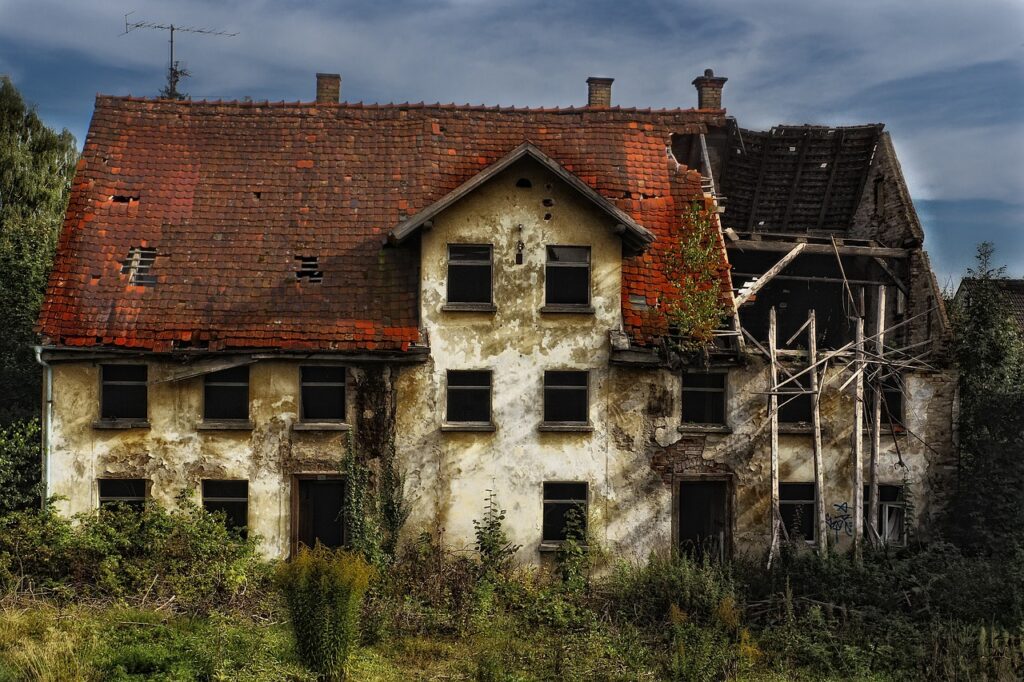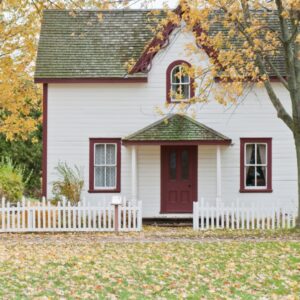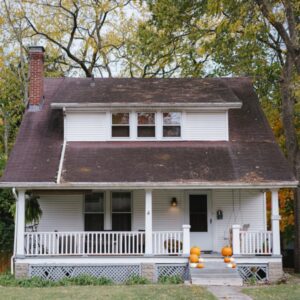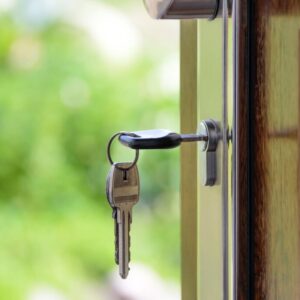
If you’re looking to buy a home, you may find properties in a variety of price ranges. As you look at your options, you’re likely to find at least one fixer-upper. Before you discount these homes or jump at making an offer, consider the pros and cons of such properties and how they compare to other home prices.
What Is a Fixer-Upper?
A fixer-upper is a home that needs repairs or redesign. It may require cosmetic work, such as new paint and updated fixtures. The property could require more in-depth work, such as new electrical components or making foundation repairs. If you’re interested in a fixer-upper, you’ll want to decide just how much fixing up you can handle. Replacing carpet and adding new paint to the walls is a lot different than opening up a space by tearing down walls or building an extra room.
The Pros of a Fixer-Upper
Consider the pros of buying a fixer-upper. A lower purchase price is the main appeal of this type of home. Because the property needs a lot of work done, home prices reflect the current value. Once you complete the renovation, you’ll have the potential for a lot more equity.
Adding Value and Equity to the Property
The key to these renovations is choosing features that add value to the home. You’ll want to research other homes in the neighborhood and find out which amenities are popular. For instance, adding a third bathroom in an area where most homes have two won’t add as much comparable value as adding a second bathroom to a house that only had one.
Customizing Your Home
Another reason people look at fixer-upper homes is that they have more opportunities to customize the home. You can tear down walls and change the layout, install your choice of fixtures and appliances, and update the flooring with colors and styles that fit your personality.
A fixer-upper allows you to create a home that reflects your needs and wants while increasing equity quickly. This type of property can appeal to many first-time and seasoned buyers alike. But before you put in an offer on your future dream home, consider the other side.
The Cons of a Fixer-Upper
While there are a lot of benefits to buying a fixer-upper, it does come with some unique challenges. For instance, a lower purchase price comes with renovation costs. You’ll need to find funds to pay for all the repairs or do the work as you can afford it. You might end up living amidst renovations for months or even years.
Ongoing and Unexpected Expenses
If you decide not to do all the renovations upfront, you’ll have to address maintenance expenses as they arise. You could end up with unexpected tasks that sit incomplete until you can afford to make all the repairs. You also have the potential for unexpected repairs, such as finding that the wiring or plumbing isn’t up to code. You might discover that you need to make structural repairs, which you didn’t plan on. Many of these issues create delays that extend the timeline by weeks or months.
Hiring Contractors With Specialized Skills
Another issue with buying a fixer-upper is needing to hire contractors with specialized skills. Unless you have a background in construction or a similar field, you may not be able to do all the work yourself. You’ll need to find licensed contractors to perform the work, especially if it involves getting a permit.
You can overcome this problem by hiring a general contractor who will oversee all the work. They are responsible for hiring subcontractors to take care of the details, such as plumbers, electricians, and HVAC technicians. While this can take care of the issue of getting the work done, it does add to the cost. However, professionals should know which permits you’ll need to apply for and what codes to follow to get the work done and approved by the overseeing departments.
Getting a Loan for a Fixer-Upper
You’ll also want to consider how the financing will work for a fixer-upper. You can get a loan that includes money for the repairs, but you’ll have to find the right lender. You’ll need to get an estimate for those repairs so you know how much money you’ll need. Inspecting the home before you buy can help you prepare for the task. However, an inspection can only reveal so much. You could still end up with some surprises once you start the renovations.
A fixer-upper can be the ideal option for your first or next home. Just make sure you understand what you’re getting into and be prepared for how it can affect your life financially and physically. Once the work is completed, you could end up with a house you love. To learn more about buying a fixer-upper, check out some other articles on our website.










